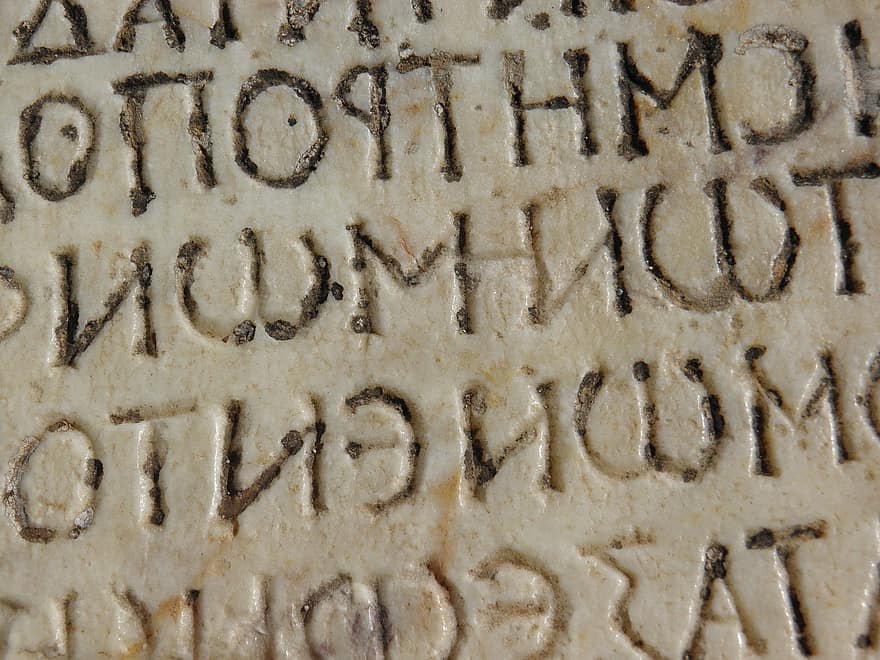The Theban Plays are a collection of three plays, originally written by Sophocles between 442 and 401 B.C. Respectively titled “King Oedipus,” “Oedipus at Colonus,” and “Antigone,” the plays follow the life of King Oedipus and eventually that of his youngest daughter, Antigone.
Chronologically, “King Oedipus” takes place first. The tale begins in Thebes, a city built upon a legend. King Oedipus is a just and passionate ruler, but little does he know what awaits him: a prophecy that has foretold his crimes since his birth, soon to be revealed. According to the prophecy, he is to kill his father and marry his mother. Blissfully unaware that the late King Laius is, in fact, his father and the man he already murdered, King Oedipus begins his search for the truth.
Many discoveries and deaths later, the second play, “Oedipus at Colonus” opens with Oedipus, a blind and derelict old man, walking into Athens. He is accompanied by Antigone, his spirited daughter. The second play delves deeper into the tragic life of Oedipus, the bitter struggles that await him even after the traumatic occurrences of the first play. If the first play’s question for readers is “can we fight against fate?”, the second play’s question would be, “what happens if you do?” In no way do any of the Theban plays have the neat, happy ending myths tend to have; they are raw depictions of life’s harshness. I feel that this is a strongly relevant theme to write a play about, whether it is 440 B.C. or 2020 A.D. Pessimistically put, life is a long, hard struggle, but some people have it harder than others do. They have more deaths to witness and have sadder fates. In this case, much, much sadder.
Following the strange, unearthly death of Oedipus at the end of the second play, the baton is handed to his daughter for the third play, “Antigone”. Paired with Antigone’s loving, loyal nature is the fiery stubbornness of her father. If she dies disobeying the law of the violent King Creon, she says to her older sister, at least she would have tried and failed. I felt this keenly. Ismene, Antigone’s concerned older sister, fears for her own life as well as Antigone’s. Antigone does not fear anything but the corpse of her brother receiving disgraceful treatment. Which sister does right in this case? Should we care more about the living, or the dead?
I was initially intimidated by the lengthy, historical introduction, but once I fell into the story, it was a wonderful experience. While the names and places were unfamiliar, the legends at the beginning were extremely helpful. I was drawn into the tale of father and daughter, with innumerable tragedies. The lines are powerful, concise, and emotional. Constantly posing heavy questions about human downfall, The Theban Plays are just as fascinating as they are philosophical.
